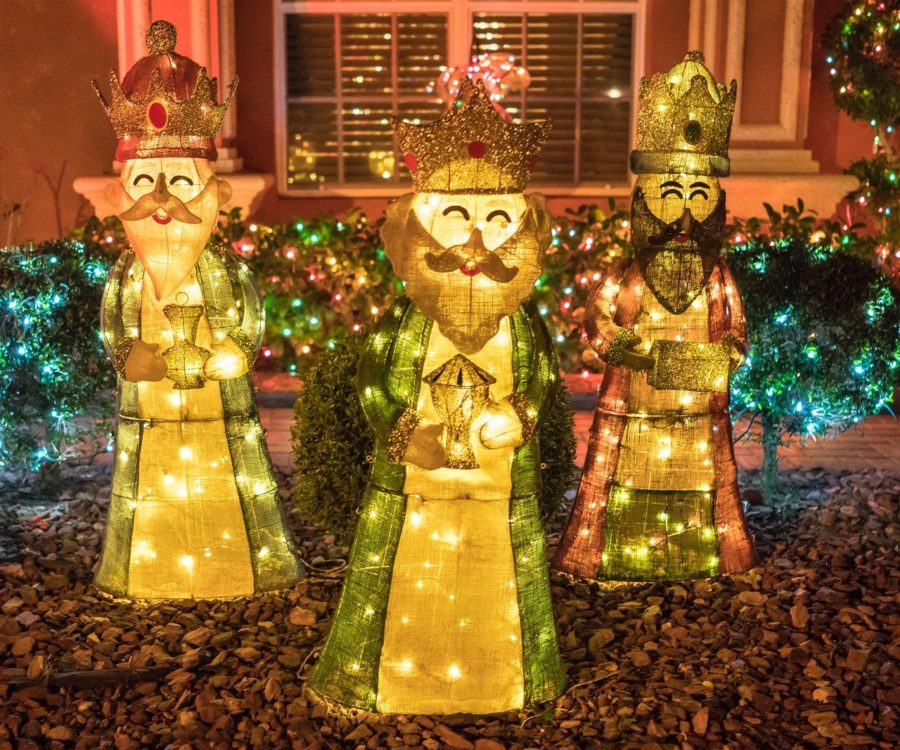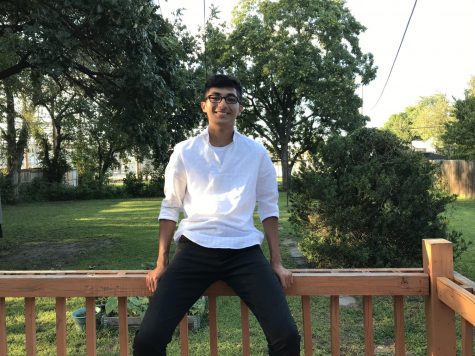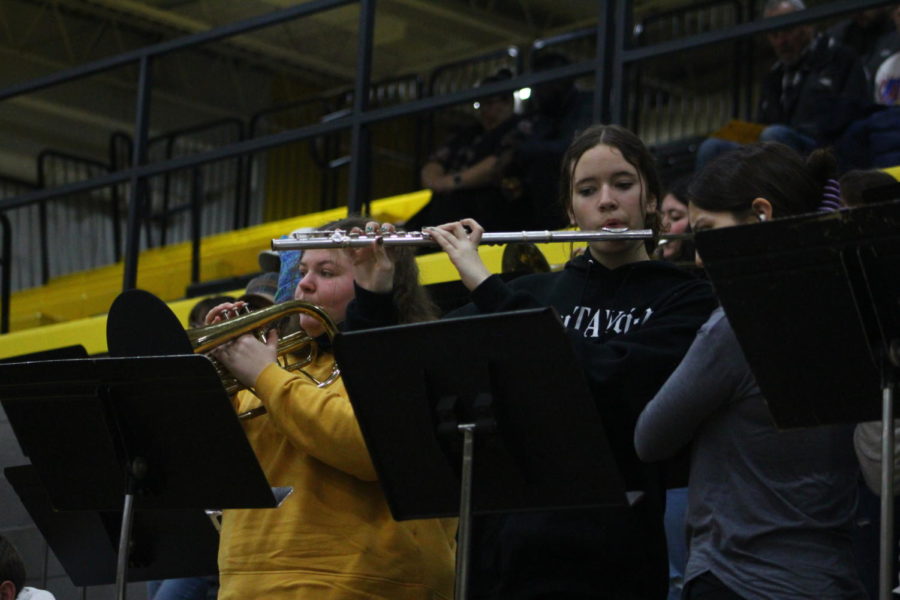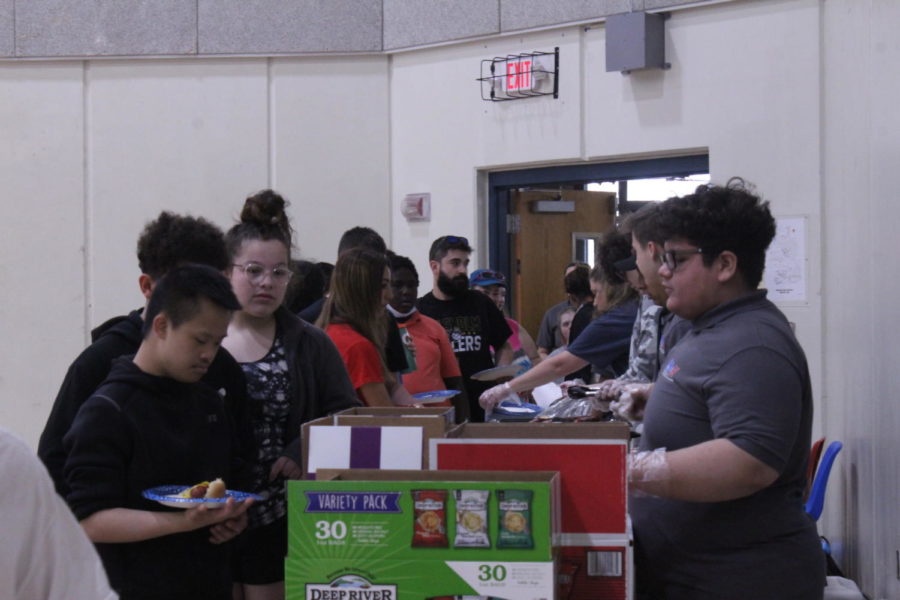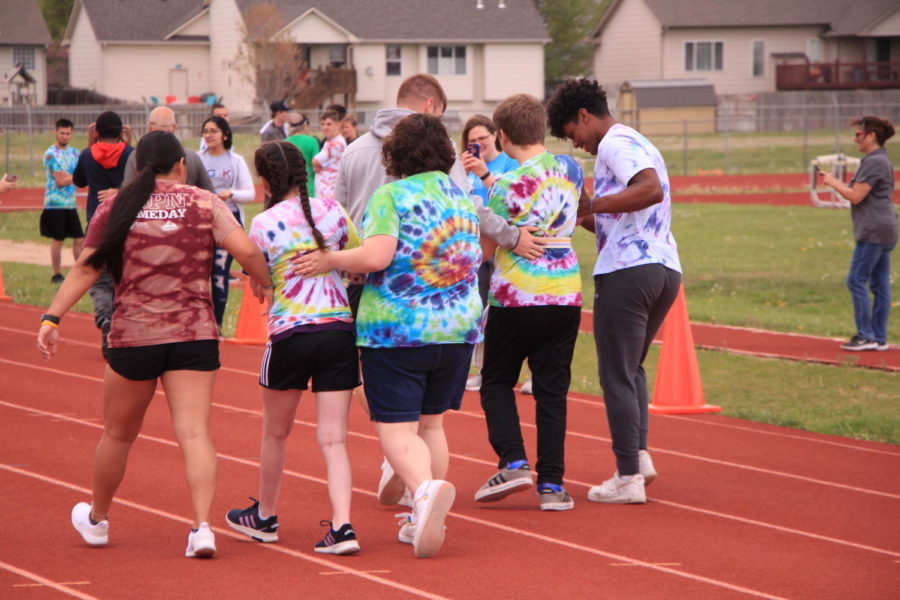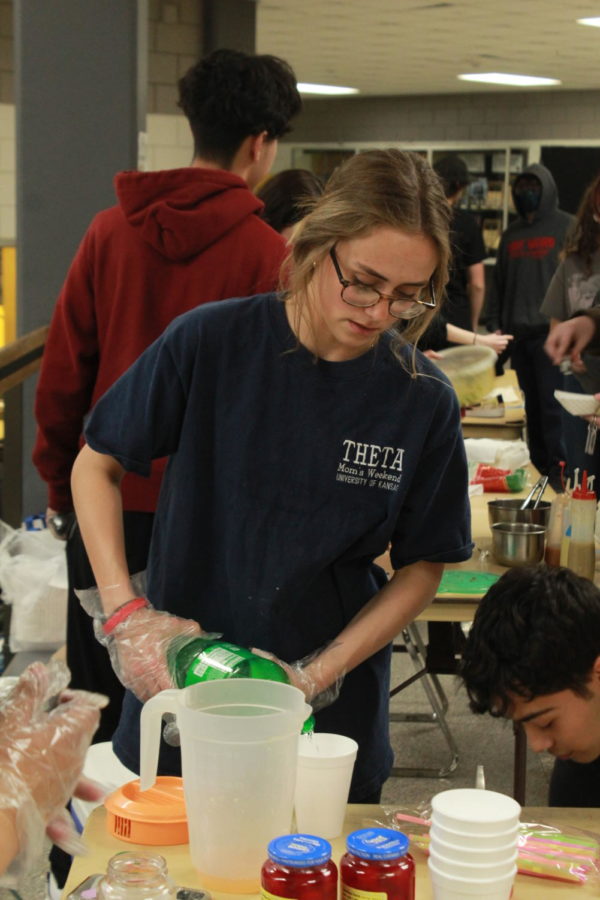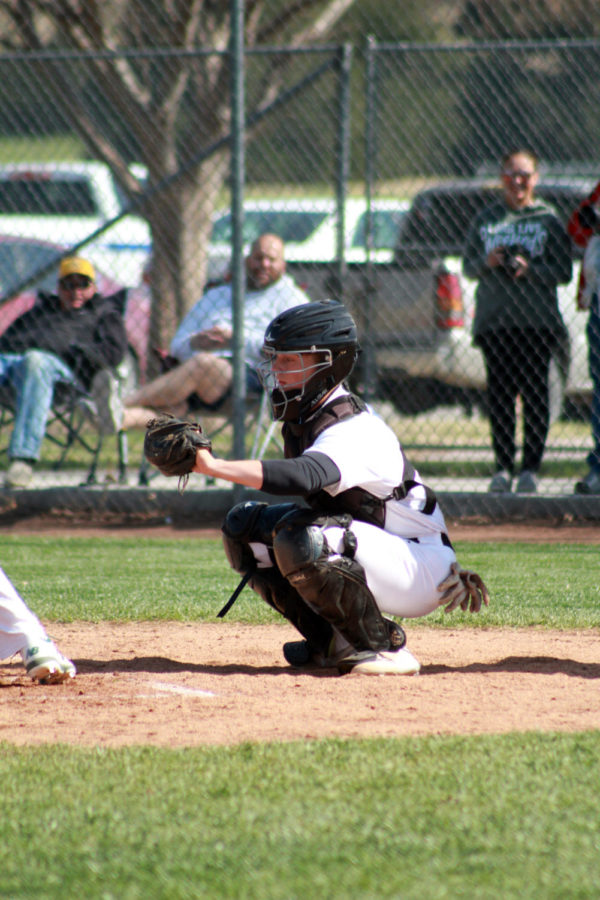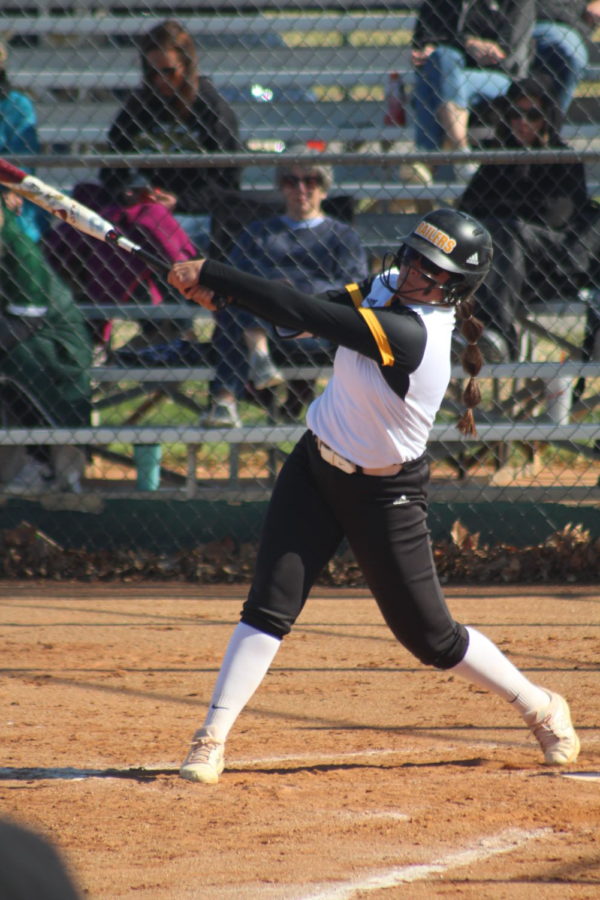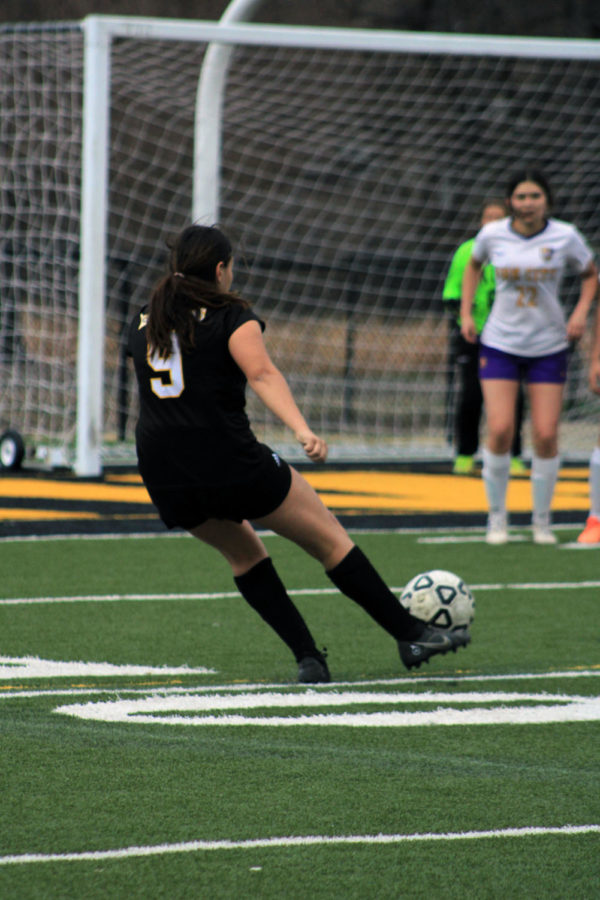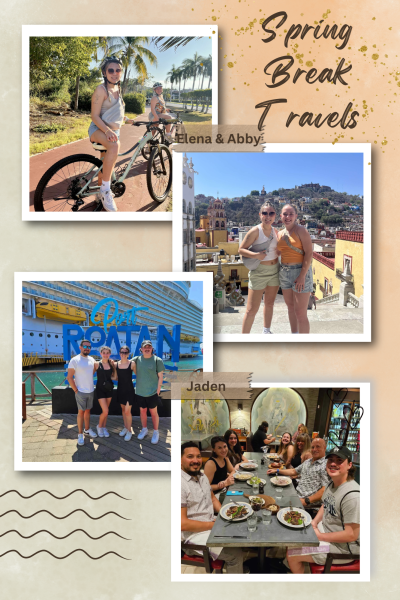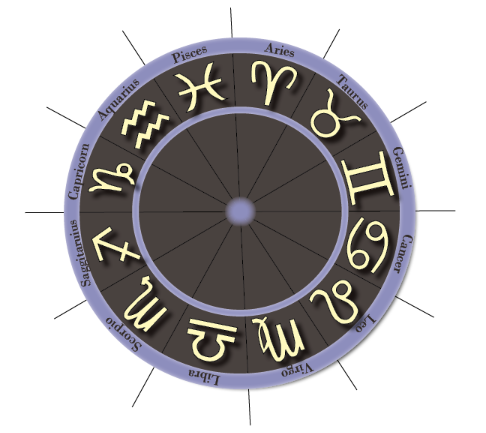Spanish exchange students celebrate the holidays
December 16, 2021
The United States is full of qualities that make it an outlier when compared to other countries around the world. From things such as sports, education, traditions and Thanksgiving. Thanksgiving is a holiday unique to the United States as it celebrates the dinner and interaction that the Pilgrims and Native Americans shared when they first arrived. While many debate on whether or not the American population should celebrate the holiday due to how the Native Americans were later treated, according to familyhandyman, Thanksgiving continues to be celebrated by 90% of the American population and is the second most popular holiday behind Christmas.
Senior exchange students Bruna Bolado and Mathias Lama were able to celebrate Thanksgiving away from their homes in Spain. As with any new holiday, Bolado and Lama looked forward to the celebration with their host families.
“I was with my host family and we all ate food together,” Bolado said. “We ate turkey, mashed potatoes and mac n cheese.”
Turkey is an animal that is native to North America, so it is unlikely that someone outside of the continent would have the bird on a yearly basis. Even with domesticated turkeys existing across the world, many do not have access to the animal or simply do not show any interest.
“I mean, we don’t celebrate Thanksgiving at all, and I have never had turkey,” Lama said. “So yeah, it was awesome.”
Aside from the mere food differences between Spain and the United States, Bolado claims that Thanksgiving is not all that different from get-togethers in Spain.
“It’s kind of the same,” Bolado said. “Just eating and just hanging out with family is not that different.”
From an outside perspective, non-American visitors may feel as though Thanksgiving is just a filler holiday until Christmas rolls around. However, Lama believes that the holiday does hold some importance.
“I do believe that it’s something that makes sense to celebrate,” Lama said. “Just because of everything that happened with the Native Americans.”
Following the Thanksgiving dinners and celebrations the attention has begun to switch to Christmas and New Years celebrations. For Lama and his host family, the celebration will include the 12 days of Christmas and a trip out of the state.
“They’re doing the 12 days of Christmas,” Lama said. “But I just changed host families so I don’t know a lot about them. I believe we’re going down to Texas for Christmas.”
For Bolado, Christmas celebrated in Spain is the closest parallel to Thanksgiving here in the United States. The similarities in the gathering remind her of Christmas back home.
“In Spain, Christmas is so big. It’s like a big family reunion,” Bolado said. “It’s similar to Thanksgiving but I just don’t know how to explain it.”
For Lama a major difference between Christmas in the U.S. and in Spain would be the date that the presents are opened. While in the U.S. it is customary to open presents on Dec. 25, in Spain they open the presents on Jan. 6.
“Usually in Spain, we don’t get presents on Dec. 25,” Lama said. “We get them on Jan. 6. The Three Kings Day, let’s say. So to me, that’s the biggest difference.”
Despite all of the anticipation for presents in a new country and celebrating with new people, Lama continues to look forward to the new year and how people in the U.S. celebrate.
“I’m looking forward to New Year’s Eve,” Lama said. “I don’t know how people celebrate here so that’ll be cool to see.”

